Lyndsie Manusos’s fiction has appeared in PANK, SmokeLong Quarterly, and other publications. She holds an MFA from the School of the Art Institute of Chicago and has worked in web production and content management. When she’s not nesting among her books and rough drafts, she’s chasing the baby while the dog watches in confused amusement. She lives with her family in a suburb of Indianapolis.
I’ve written about genre-blending science fiction in the past: lists of books and stories where genre is blended, re-molded, and made something new. Genre-blending, in any and all genres, is something very near and dear to me, as both a reader and writer. It’s the excitement and temptation to tell stories that contain multitudes, for we, as artists and as people, contain multitudes.
Now, let’s talk about genre-defying books. And there is a difference, dear reader, between the two.
What is Genre-Defying?
Merriam-Webster’s definition of defy includes key words like “challenge,” “resist,” and “confront.” Books that defy the genre in which they’re labeled tend to use these key words to dissect, comment, and then upend the genre. Yes, these tales fall under the umbrella of science fiction in that they include robots, are set in the future, utilize technology, etc., but they also resist the expectations the general reader might have on what science fiction should be, particularly with endings. Genre-defying books do not come full circle; there is not always a happy nor even “satisfying” ending, and they often present a mirror to the readers themselves and ask: are you part of the problem? Quite often—the answer is yes.
As such, genre-defying books are necessary additions to the publishing world in that they hold space for resistance. Which, in this day and age, is vital for the sustaining and evolution of art.
I’m sure there are examples of genre-defying science fiction that may be more popular and/or were published years ago. The great Ursula K. Le Guin comes to mind. These recommendations are absolutely valid, but as always with my Book Riot work, I aim to spotlight books you might not immediately think of but should definitely read, including some from small presses.
8 Genre-Defying Sci-Fi Books
The Saint of Bright Doors by Vajra Chandrasekera
There is a reason this book won the 2023 Nebula Award for best novel. We follow Fetter, who was raised to kill his sainted father. That can fuck up your mental health. This book is cosmic, modern, fantastical, and relevant, and its play on genre is beautifully paradoxical. Like, if you look The Saint of Bright Doors up on Goodreads and check out list of genres readers have labeled it, there’s fantasy, science fiction, urban fantasy, and science fiction fantasy. It’s all these genres while also rebelling against these genres; Chandrasekera will not be cornered in his storytelling.
Interstellar Megachef by Lavanya Lakshminarayan
There are many books on this list that deal with heavy themes, but it’s certainly important to tip our hats to genre-defying books that utilize humor and pop culture. Interstellar Megachef puts reality television and reality competitions at the galactic forefront. Saras Kaveri is the first contestant from Earth to compete in Interstellar Megachef, a galaxy-wide cooking competition. Inventor Serenity Ko is on mandatory leave looking for a new project. Kaveri and Ko together plan to create a new technology that will change how we view food.
From my reading experience (though absolutely feel free to correct and add recommendations via social media), I have rarely come across science fiction tales with such an intense focus on food, while also providing a mirror to our own obsessions with reality television and cooking competitions. This book made a space for itself, and that’s badass.
Swords & Spaceships Newsletter
Sign up to Swords & Spaceships to receive news and recommendations from the world of science fiction and fantasy.
Thank you for signing up! Keep an eye on your inbox.
It Lasts Forever and Then It’s Over by Anne de Marcken
The zombie subgenre of science fiction (and horror) is vast, and there is always something to discover from it. De Marcken’s book somehow defies the zombie genre and takes it to a new and exciting level.
In most zombie tales, the common knowledge/rule is that zombies are completely mindless. The souls are gone, and only a single thought and need remains: to consume flesh. In this book, not only is the main character undead, she’s keenly aware of it. Although adrift, she notes every detail, she processes, and while parts of her memory are gone (her own name), there are memories and feelings she clings to that lead her.
How High We Go In the Dark by Sequoia Nagamatsu
This book defies genre in that it embraces its literary and science fiction roots and addresses a world that uncannily mirrors our own. Dr. Cliff Miyashiro grieves his deceased daughter and goes to the Arctic Circle to continue her research. What nobody could fathom is the plague unleashed upon the world, its ramifications, and the humanity that persists in spite of it all.
In our current reality—with the Covid pandemic still ongoing, with bird flu cases rising—this story defies genre in that it asks us to take consideration now and not just the future.
Countess by Suzan Palumbo
Countess is one of my favorite reads of 2024. This epic science fiction novella is also a retelling of The Count of Monte Cristo. Not only does it genre-blend, it defies expectations of what rebellion and the success of a rebellion means in a science fiction story. The ending will not only leave you an emotional wreck (I mean this in the best way), but it will reiterate the sobering and true idea that resistance is supposed to be disruptive, it is supposed to be uncomfortable, and it is supposed to defy the status quo. Otherwise, change cannot—and will not—happen.
The Dragonfly Gambit by A.D. Sui
Like Countess, this story holds space for rebellion, resistance, and revenge, not looking away from it for an instant. The Dragonfly Gambit is about Inez Kato, a talented pilot who sustains an injury that has her cast aside, ending up on the wrong side of fascist Rule.
I’ve always found burn-it-all-down books to be great examples of genre-defiance. The Dragonfly Gambit embraces tragedy, unflinching revenge, and doing whatever it takes to get that revenge, redemption be damned. In fascist times where rights and dignities are stripped from the vulnerable constantly, where the marginalized are targeted at every turn, this book is an example of how and why the rage of so many takes root.
Some Desperate Glory by Emily Tesh
Holy shit, this book. More people need to read Some Desperate Glory. Like Countess and The Dragonfly Gambit, this book really delves into how fascist entities teach prejudice and absolute compliance from the beginning, and in Some Desperate Glory’s case: childhood. Kyr has trained all her life to be the one to avenge the destruction of her world, Earth. And now she has that chance to be the hero. But then her brother disappears, and when she finds him, she realizes there’s a whole other side to the story. Is she really on the right side of history?
This is another book that holds the mirror to us and asks, are we obeying in advance? You might think this book starts off with a clear view of who the heroes and villains are, and then you’re kicked in the gut, at every turn, on how perspectives are formed and utilized for those in power.
The Necessity of Stars by E. Catherine Tobler
E. Catherine Tobler is a titan across speculative genres. A World Fantasy Award, Hugo, Nebula, Utopia, Locus, and Sturgeon plus an exceptional editor (she edited my novella), it should really be no surprise that Tobler knows how to defy when it comes to genre. The Necessity of Stars will haunt you, and you need to be haunted by it.
The Necessity of Stars is about first contact, but this isn’t your epic Close Encounters of the Third Kind tale. It defies that epicness and instead analyzes the heart and sinews of it. It’s about the precariousness of memory, and also climate change, connection in a ravaged world, and the disconnect between that connection and memory. This vital science fiction novella defies the genre while embracing it.
The Importance of Defiance: Additional Reading
Genre, like much of the world, should not be put in tidy boxes. As a writer, choosing a genre does not mean there’s a set of rules to follow. Instead, choosing is deciding what loose parameters might be best for the story I want to tell and how best to play with, reimagine, or defy those parameters.
Take note of the books labeled “genre-defying,” because those are the books questioning the status quo of our perspective—that take a flame to the edges of the map and burn away the ink of boundaries.

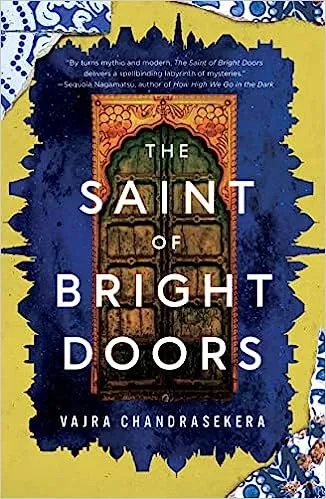
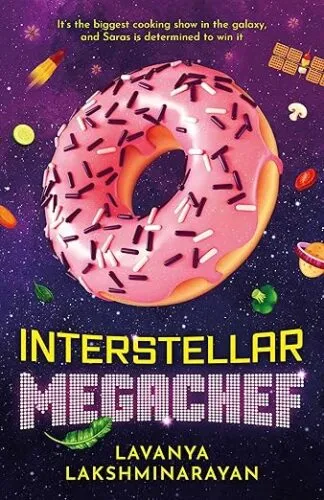
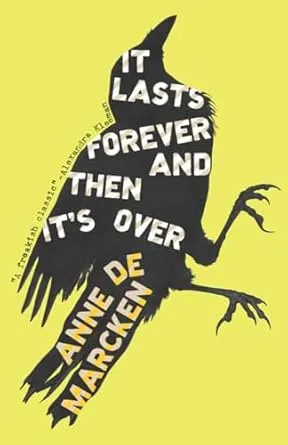
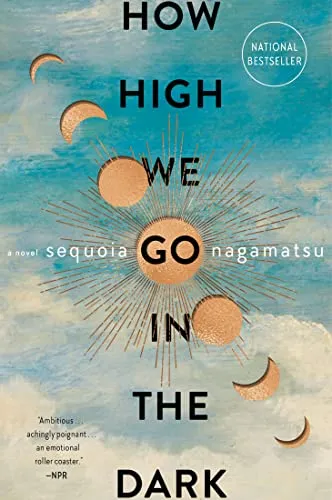
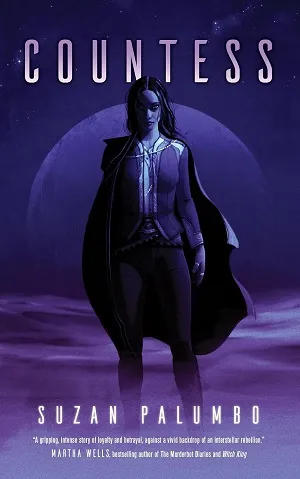
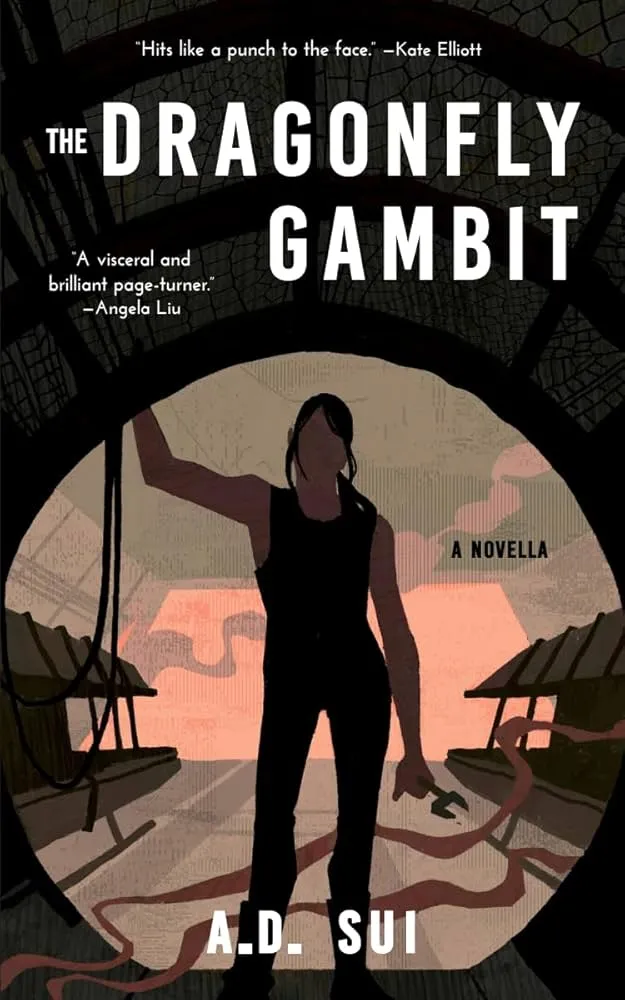
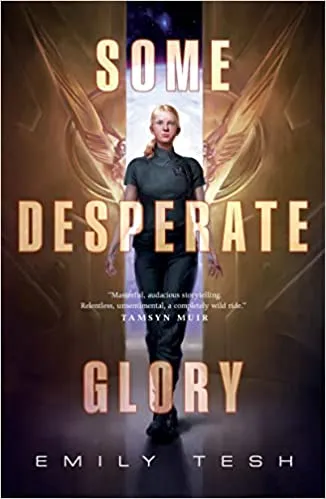
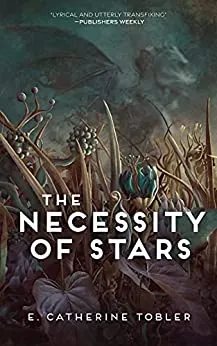
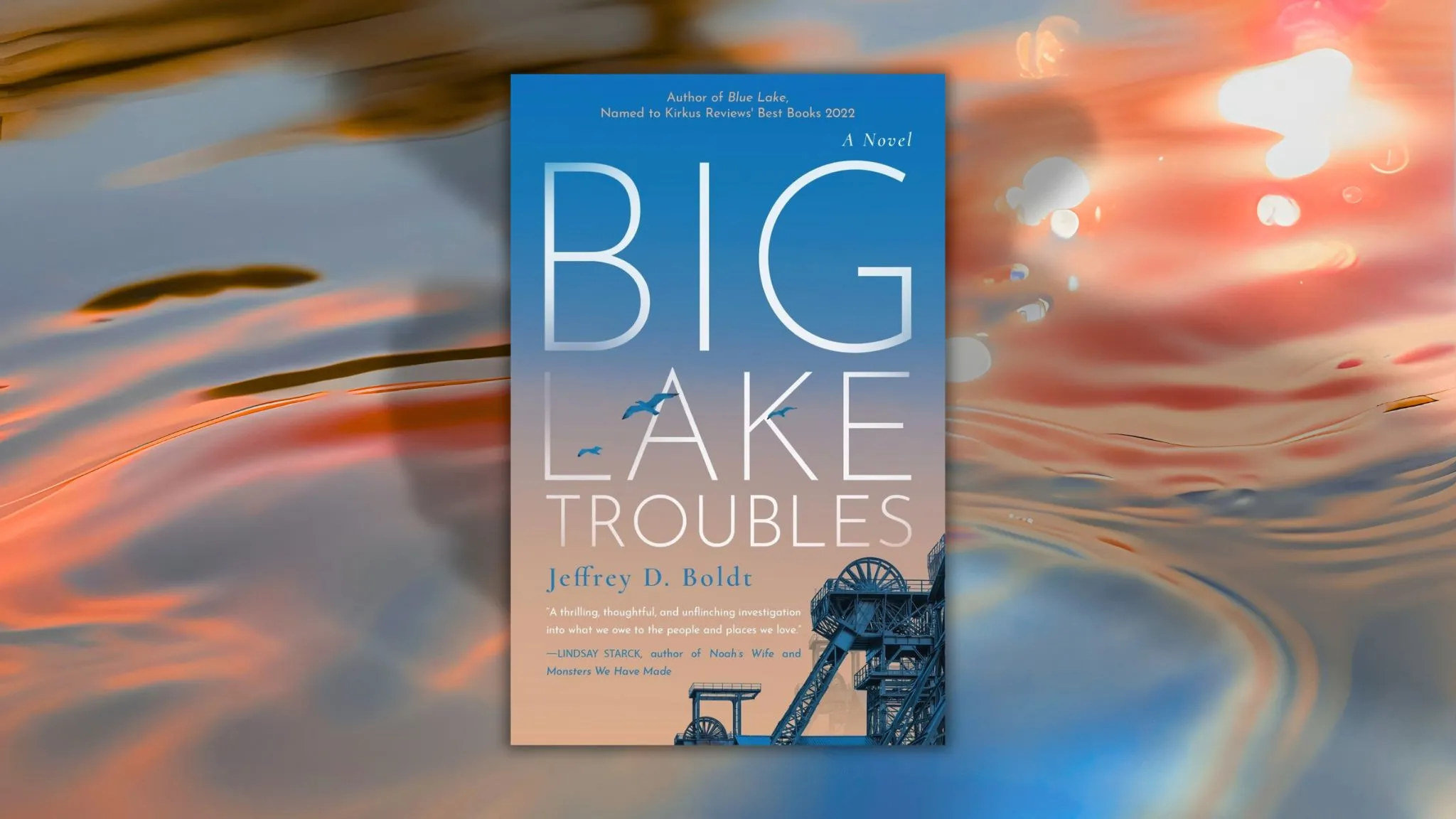

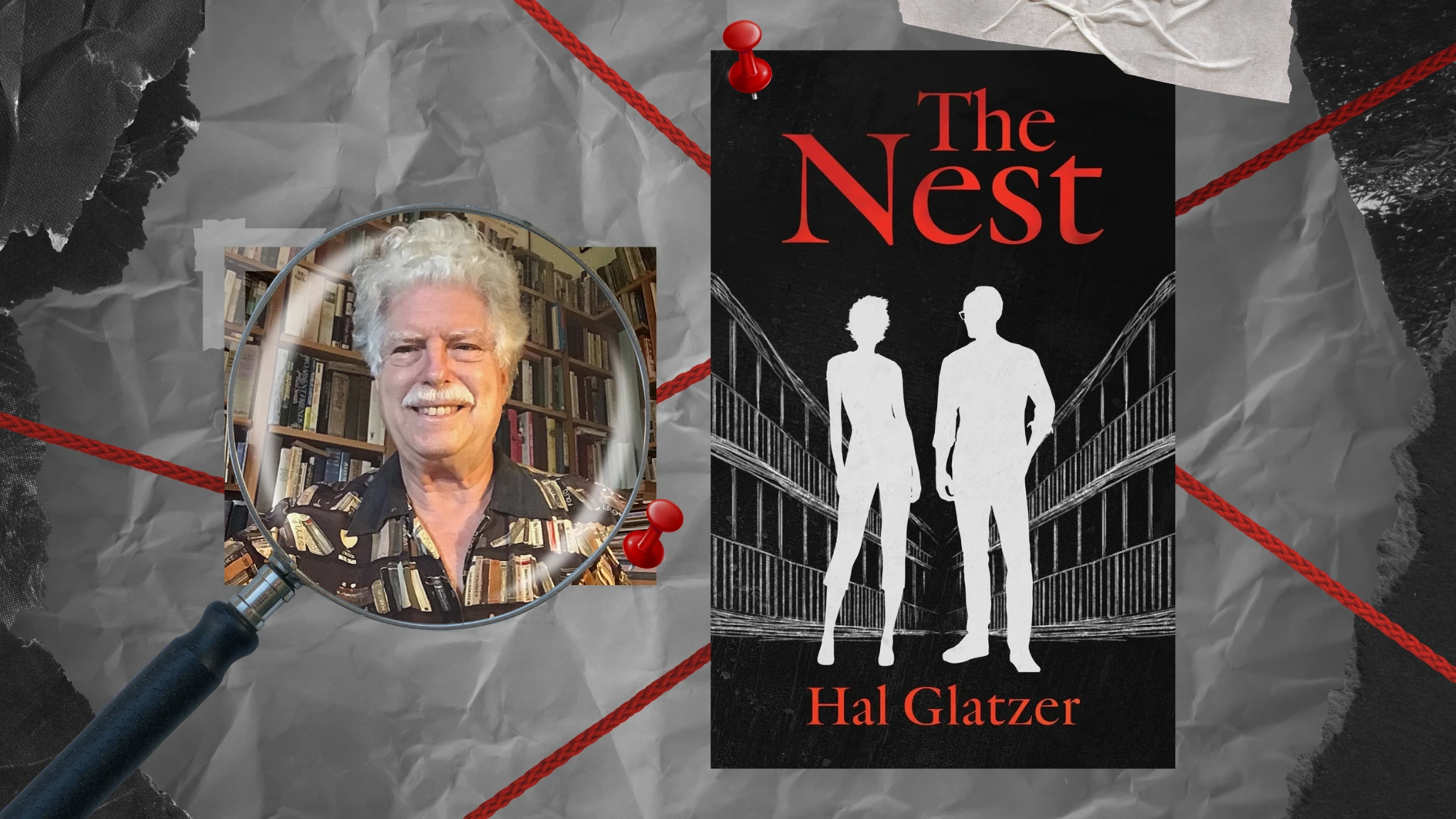

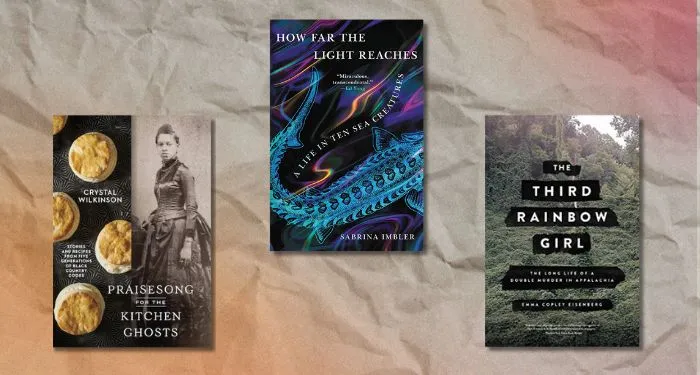
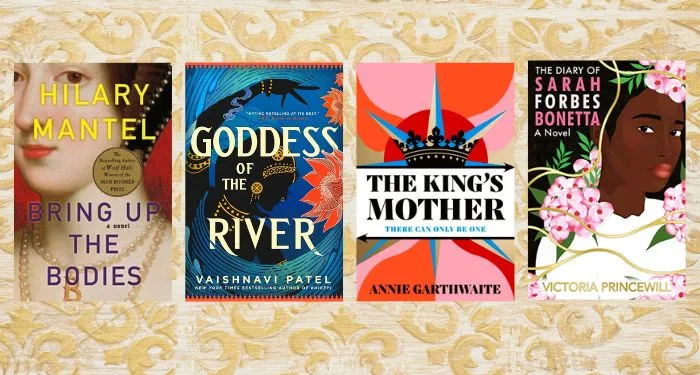












 English (US) ·
English (US) ·